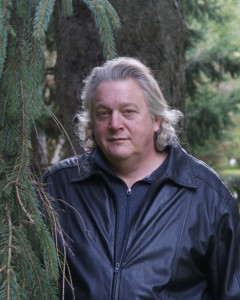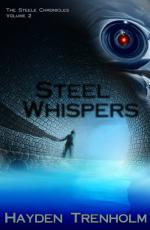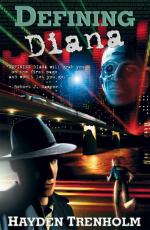Science Fiction and Horror – Two Great Genres That Read Great Together
If you’re of a certain age, you’ll get this.
Imagine a kid, tousled hair and freckles staring in horror at a book in his hand walking down the aisle of a library. From the other directions another kid, this one a girl with thick dark curls held up in two ponytails, as they peruse the aisles of their local library. They comically run into each other. The first boy recoils. “You got your science fiction in my horror!”
The girl looks equally aghast. “You got your horror in my science fiction!”
As an aspiring writer, I tried to write what I thought was purely science fiction while I wrote my first short stories. I knew that the novels developing in my head were more military science fiction and I was completely comfortable with that subject matter. I wanted to keep my learning curve within the bounds of “traditional” science fiction. In hindsight, I’m very glad for the opportunity to have had my mind changed for me.
In 2012, I joined the Colorado Springs Fiction Writers Group and became a regular member. While submitting short fiction for critique, analysis, and help, we had a contest to write a flash fiction story combining two dissimilar genres. To this day, I’m glad I did not draw Lovecraftian horror and “chick-lit.” Instead, I drew science fiction…and horror.
Horror was something I never expected to write. I’ve never been a huge fan of horror movies, and I very rarely watch them. Walking Dead? Nope. It’s just not my thing. So, faced with writing a 1,000-word story I panicked and wrote nothing until the weekend before it was due. I was hung up on two things. First, to paraphrase Ray Bradbury’s definition of science fiction – it is the art of the possible. Horror, to me, seemed like the art of the impossible. Granted, I’ve experienced a few crazy, unexplained things in my life, but horror seemed to be all about fear. How could fear and (at least to me) optimistic visions of the future be related?
The second thing standing in my way was failing to understand why we read horror. I am a dedicated Stephen King fan and I realized while I was trying to get past the blinking cursor of doom that I was not connecting the science fiction scenery to the emotional response from the reader. When that finally happened, I wrote the story in one sitting while waiting for a flight at the Salt Lake City airport. I submitted the story “Poultry” for critique and was told I should find a place for it. Eventually, I did find a magazine for it, but without pay. In the last six months, I sold it again to Digital Science Fiction, where it recently appeared in their Quickfic Anthology.
Writing a miniature space opera with a horror element (and admittedly, a dark humor, too) was easier than I thought because I realized I wanted to elicit a response from the audience. I wanted there to be a moment of revulsion and a head-shaking chuckle at the end of the story. I’m hopeful I achieved that because that was the lesson I learned while writing the story.
We tend to think of prose as painting a picture for the reader. That’s part of the equation. We need to visualize the reader’s response. Can we do that for every reader? No. But, if we have that “target” in mind, we can deliver an emotional punch to the reader’s gut. That’s what makes stories memorable.
And, for the record, science fiction and horror are two great genres that work great together. (Insert head-shaking chuckle here)



